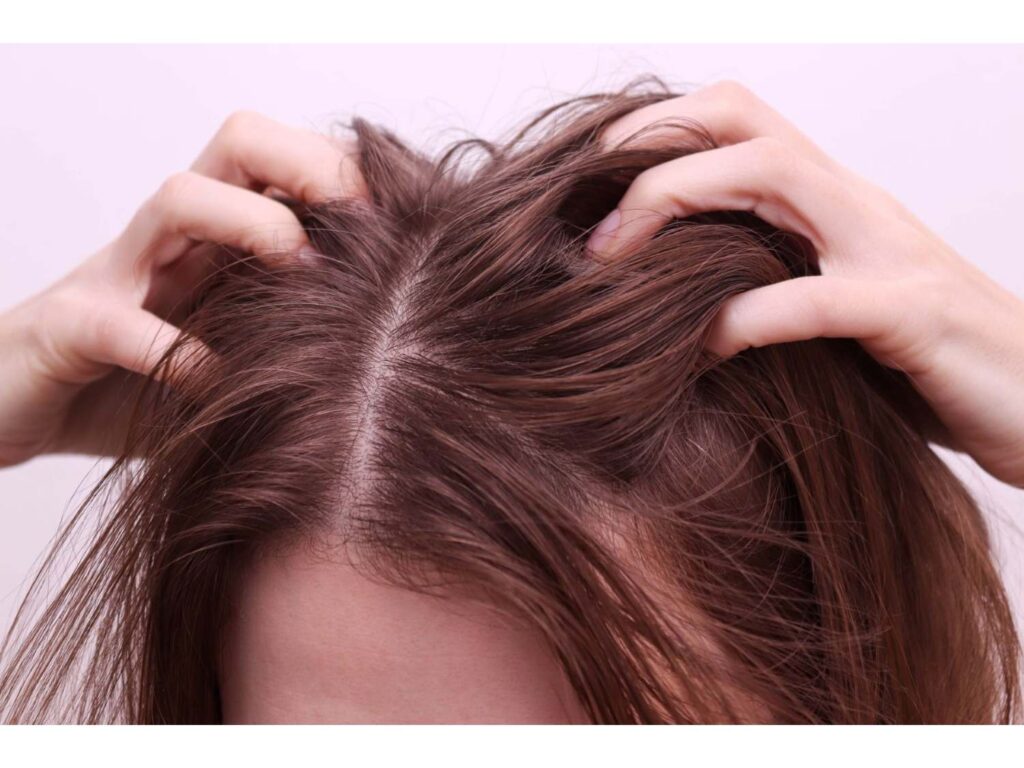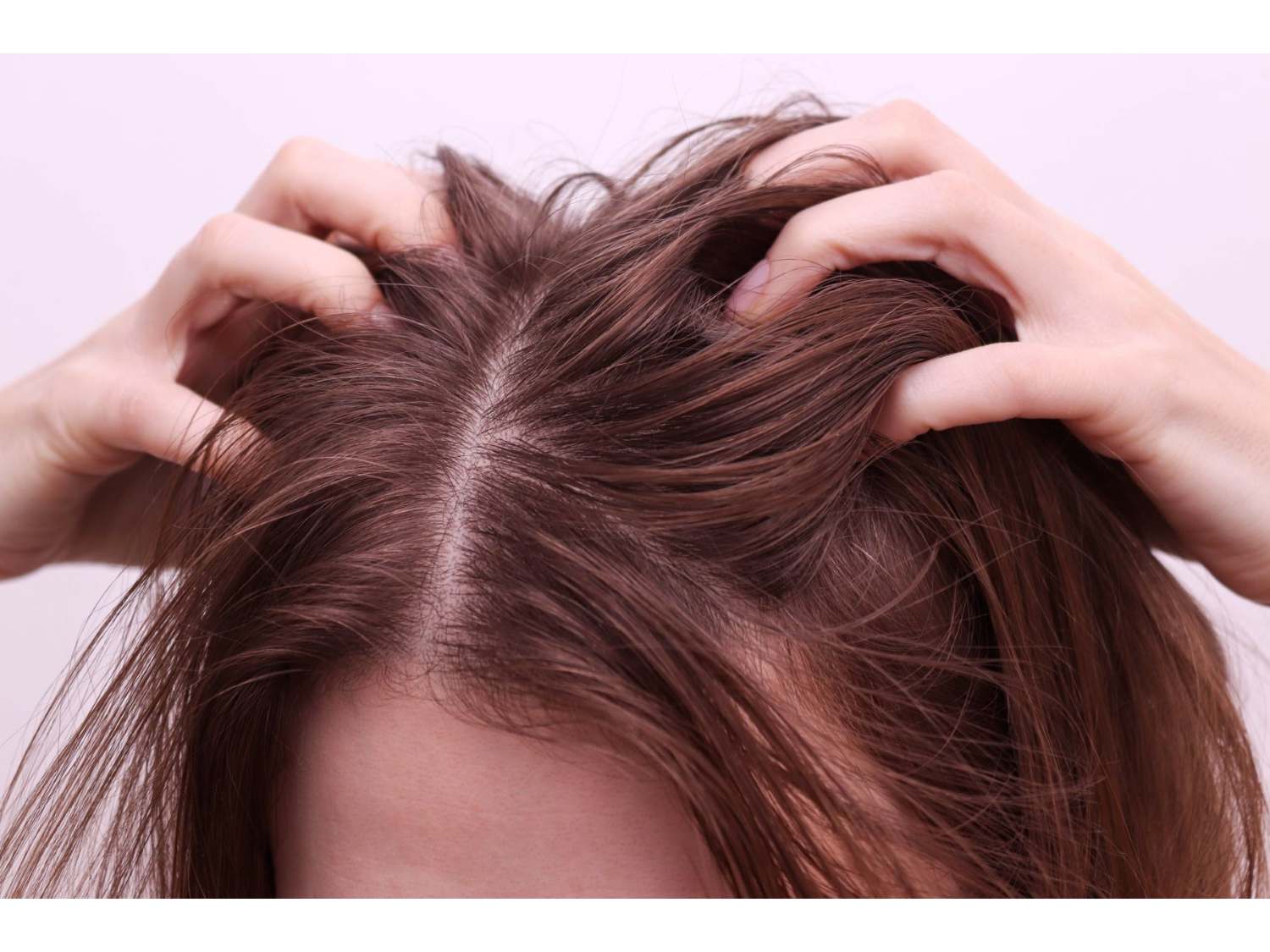Itchy Scalp Thinning Hair Female
Many women face the bothersome combination of an itchy scalp and hair thinning at some point in their lives. Although it might seem like a small issue at first, this combination can indicate underlying scalp or health concerns that shouldn’t be disregarded. Understanding the core reasons and available treatments is key to restoring comfort and improving hair health.

Common Causes of Itchy Scalp and Thinning Hair
1. Scalp Problems
Dermatological issues like seborrheic dermatitis, psoriasis, and folliculitis can cause inflammation, resulting in itchiness and, eventually, hair loss if not addressed. These conditions can injure hair follicles, resulting in thinner hair.
2. Hormonal Changes
Fluctuations in estrogen, progesterone, or testosterone—particularly during menopause, pregnancy, or due to thyroid problems—can disrupt the hair growth cycle and cause both scalp irritation and thinning.
3. Nutritional Deficiencies
A lack of essential nutrients such as iron, vitamin D, biotin, and zinc can lead to a dry, itchy scalp and hair that becomes brittle and thin.
4. Stress and Anxiety
Chronic stress can trigger hormonal changes and lead to scalp tension, excessive oil production, or dryness, often resulting in itching and telogen effluvium—a temporary form of hair loss.
5. Hair Products and Styling
Frequent use of harsh shampoos, heat styling tools, chemical treatments, or tight hairstyles can irritate the scalp and harm hair follicles, contributing to both itchiness and hair thinning.
6. Fungal Infections
Scalp ringworm (tinea capitis) is a contagious fungal infection that can cause patches of hair loss and intense itching if left untreated.
Treatment Options
A. Gentle Hair Care
Switch to sulfate-free shampoos and avoid over-washing. Use warm water and gently massage the scalp to improve blood flow without causing irritation.
B. Topical Treatments
Use medicated shampoos containing ingredients like ketoconazole, salicylic acid, or coal tar if you have dermatitis or dandruff. For a dry scalp, opt for products with tea tree oil or aloe vera.
C. Nutritional Support
Take supplements if needed after consulting a doctor. A diet rich in leafy greens, nuts, eggs, fatty fish, and whole grains supports scalp and hair health.
D. Stress Management
Practice mindfulness, yoga, or meditation to reduce stress, which in turn can decrease hair shedding and scalp irritation.
E. Medical Treatment
If symptoms continue, see a dermatologist or trichologist. Prescription treatments like topical corticosteroids, minoxidil, or oral antifungals may be necessary depending on the cause.

Prevention Tips
Avoid tight hairstyles like ponytails or braids that pull on the hair.
Do not scratch your scalp—it makes inflammation worse.
Wash your hair regularly but not too often.
Avoid heat styling and chemical treatments as much as possible.
Stay hydrated and eat a balanced diet.
Schedule regular scalp check-ups if you notice ongoing issues.
Final Thoughts
An itchy scalp and hair thinning can be more than just a superficial problem—it often points to deeper imbalances in the body or scalp environment. The good news is that with proper care, lifestyle changes, and timely treatment, most women can restore a healthy scalp and promote fuller, stronger hair growth.Itchy Scalp Thinning Hair Female

